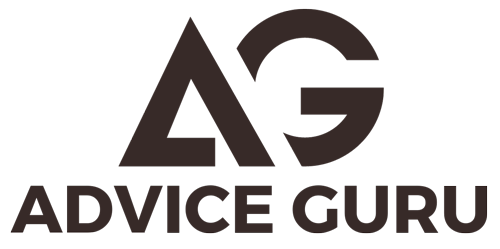Retirement isn’t just about closing the chapter on your working life; it’s about opening a new one filled with possibilities, exploration, and yes, financial security. Navigating this transition can be daunting, but with the right financial guidance, preparing for your golden years can be a journey walked with confidence. This guide aims to demystify the process, offering valuable insights into retirement planning, savings strategies, healthcare, and more.
Understanding the Basics of Retirement Planning
Retirement planning is the cornerstone of a secure, fulfilling retirement phase. It involves a comprehensive approach, encompassing savings, investments, and a clear understanding of what you envision your retirement to look like. The path towards a financially secure retirement starts with recognizing the importance of an early start and the power of compound interest. Strategic financial guidance can help you navigate the complexities of investment options, setting the stage for a stable financial future.
Assessing your financial health is a crucial initial step in retirement planning. This means taking a clear inventory of your assets, liabilities, and understanding the income you’ll need to maintain your desired lifestyle in retirement. It’s about creating a roadmap where your financial resources align with your retirement goals, ensuring your golden years are met with enthusiasm rather than apprehension.
Setting Realistic Retirement Goals
Realistic retirement goals are the bedrock of any successful retirement plan. They help to guide your savings and investment strategy, but getting there requires a true understanding of your personal retirement dreams and the financial realities that underpin them. Whether it’s traveling, pursuing hobbies, or relocating, your goals should reflect your desired lifestyle while being financially attainable. Financial guidance is key in balancing these aspirations with the practical aspects of your financial situation.
Effective Strategies for Growing Your Retirement Savings
Growing your retirement savings is more than just setting aside money each month; it’s about implementing strategies that maximize your savings potential. Diversification of investments, taking advantage of employer-matched programs, and contributing to tax-advantaged retirement accounts are critical strategies. Additionally, staying informed about the market and adjusting your portfolio as needed are parts of active financial management that can significantly impact your retirement savings growth.
Another effective strategy is the consideration of a Roth IRA conversion, especially during lower-income years, which can offer tax-free growth and withdrawals in retirement. The decision to convert should be informed by careful financial guidance, taking into account your current tax bracket, expected future income, and retirement timeline. It’s these nuanced decisions that can enhance your financial security in your golden years.
Navigating Social Security and Pension Plans
Understanding the intricacies of Social Security benefits and pension plans is crucial for a well-rounded retirement plan. Deciding when to start claiming Social Security benefits can significantly affect your retirement income. A common strategy is to delay benefits until full retirement age or beyond, thereby increasing your monthly benefits. Pension plans, on the other hand, require a different approach, often depending on the type of plan (defined benefit vs. defined contribution) and the options available upon retirement. Each choice has implications for your financial stability and requires thoughtful financial guidance.
Managing Healthcare Costs in Retirement
Healthcare in retirement is often one of the most significant expenses, with costs that can be unpredictable and burdensome. Planning for these costs involves a multifaceted approach, including considering healthcare-specific savings accounts, like Health Savings Accounts (HSAs), which offer tax advantages and can be a valuable part of your healthcare funding strategy. Understanding Medicare coverage, supplemental plans, and potential out-of-pocket expenses is also essential, ensuring you’re covered without unnecessary overspending.
The Importance of Estate Planning and Leaving a Legacy
Estate planning is a key component of retirement planning, ensuring your assets are distributed according to your wishes and your legacy is preserved. It encompasses wills, trusts, healthcare directives, and power of attorney, each playing a vital role in protecting you and your loved ones. Regularly reviewing and updating your estate plan, especially after major life events, keeps your legacy intact and provides peace of mind knowing your affairs are in order. Financial guidance can help navigate the complexities of estate laws, tax implications, and the most beneficial strategies for leaving your mark on the world.
Embracing the Journey with Confidence
As we’ve navigated through the landscape of retirement planning, from understanding the basics to managing healthcare costs, the recurring theme has been the importance of proactive, informed decisions. Retirement, while a significant milestone, doesn’t need to be fraught with uncertainty. With the right financial guidance, your golden years can be as rewarding and fulfilling as you’ve always dreamed. Remember, the key to a confident retirement is not just in the planning but in the journey itself. Embrace it with knowledge, aspiration, and the assurance that comes from being well-prepared.
















